How the city that gave Britain its first mass-market subscription-free ISP is creating the next wave of tech talent
Leeds, which helped code GTA V, is nurturing digital rock stars
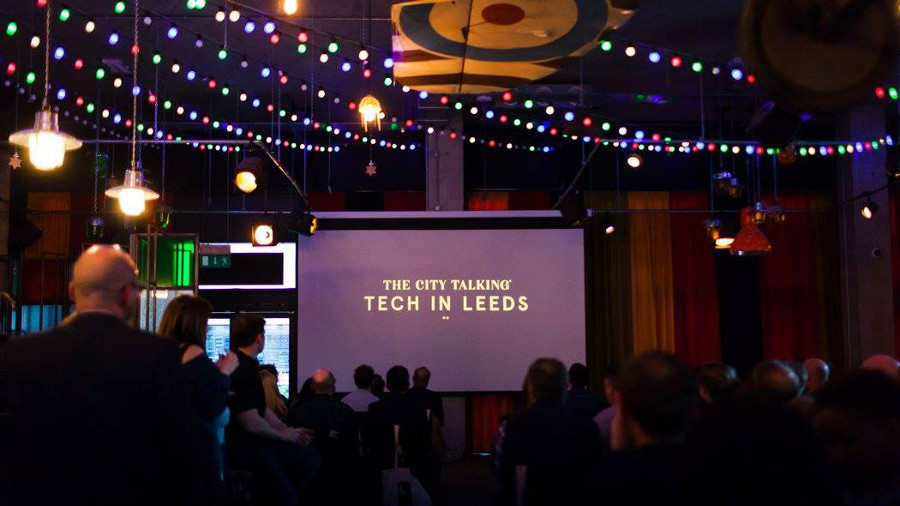
Sign up for breaking news, reviews, opinion, top tech deals, and more.
You are now subscribed
Your newsletter sign-up was successful
Image (c) Leeds Digital Festival
This article is part of our TechRadar North column, a series focusing on the development of the North of England's digital sector.
In a recent film called The City Talking: Tech In Leeds, in which local media company Hebe Works documents the evolution of Leeds' digital scene, Freeserve founder Ajaz Ahmed recalls how his struggle to get online back in 1997 led to a lightbulb moment that created history.
While working as a manager in PC World, Ahmed discovered that he and his co-workers had heard of the internet, but nobody knew how to actually get online – which wasn't helped by Windows 95 shipping without a browser.
Ahmed convinced the retailer to team up with local business internet service provider (ISP) Planet Online and offer free internet access to customers who came in and bought computers, configuring them and providing training in-store.
Freeserve, Britain's first mass-market subscription-free ISP and Leeds' most transformative innovation since the Wharfedale printing press, was born. Having staff that could provide face-to-face support gave it a unique human touch, and the provider's popularity grew.
It went on to be acquired in 2000 for £1.65 billion.
Sign up to the TechRadar Pro newsletter to get all the top news, opinion, features and guidance your business needs to succeed!
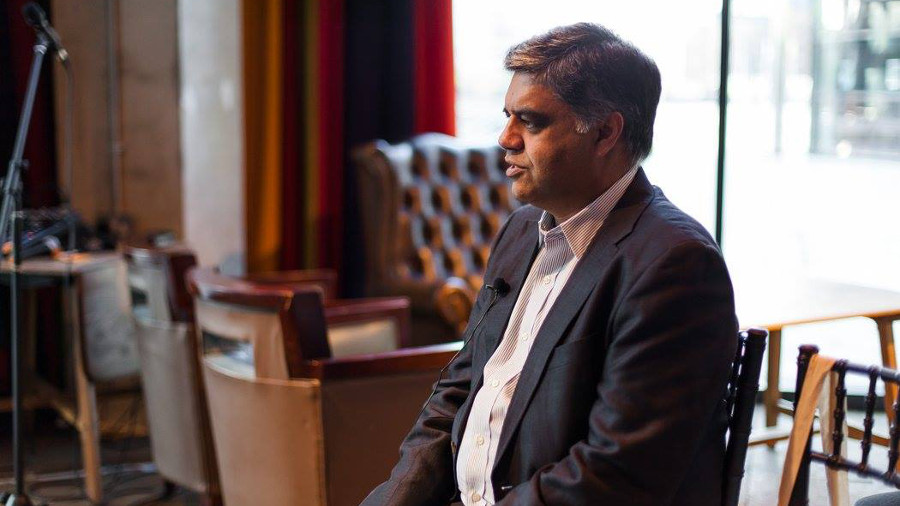
The 'Data City'
Sixteen years after Freeserve placed Leeds on the digital map, there’s the perception that the city's tech scene is once again on the up. It’s home to the fifth-largest digital 'cluster', one that boasts expertise in sectors including fintech, healthtech, ecommerce, app and software development, and digital advertising.
According to Leeds Open Data Institute (ODILeeds), there are 8,522 "digital" organisations in the Leeds city region employing around 70,000 individuals. Companies include KPMG, Sky, SkyBet (one of three Yorkshire tech firms valued at $1 billion, along with Anaplan and Pace), Asda, and CallCredit, all of which base their digital operations in the city. Rockstar Leeds, founded in 1997 (under the name Möbius Entertainment), worked on the 54 million copy-selling Grand Theft Auto V (or GTA V).
"Success breeds success, and Leeds is a better place for startups and companies now than even three years ago," says Stuart Clarke, the prime mover behind the Leeds Digital Festival and one of the key connectors in the city's digital sector.
"We have more data scientists in Leeds than anywhere outside of London – you could call us the 'Data City' there is so much talent."
Automotive tech and data company Cap HPI has based its global tech hub in Leeds since 1979, employing a team of data scientists, product designers and developers.
“A key factor in choosing Leeds as our base is the availability of data and digital skills in the city and surrounding region,” says the company’s product and innovation director Joel Albyn.
Indeed, Leeds’ digital firms are well positioned to take advantage of an exponential amount of data. The National Consumer Data Research Centre is based at the University of Leeds, as is Institute for Data Analytics. NHS Digital, which manages national tech systems and services for the NHS, was recently named as the top digital employer in the city.
Others working in data include ODILeeds and Leeds Data City, a non-profit organisation that was set up to drive Leeds' status as a ‘smart city’, using open data to solve real-world problems.
In a blog post, Tom Forth, associate at ODILeeds, outlines 10 reasons why Leeds is the UK's best city for open data, highlighting everything from its extensive datasets provided by the city's council to its private-sector led digital apprenticeship scheme.
"Each city in the north of England has its own strengths, and Leeds is clearly ahead on data industries," says Forth. "The huge success of ODILeeds, one of just two pioneer ODI nodes from a global network of over 40, would not have been possible without the concentration of data-led businesses in the city or the data-driven attitude of local governments and charities."
Communication breakdown
Even with an abundance of data, some challenges are difficult to solve. According to the 2016 Tech Nation Report, three of the most pressing issues facing Leeds' digital sector include limited talent supply, limited access to finance and low sector awareness.
Lee Hicken, creative director at Hebe Works, which produced The City Talking: Tech in Leeds, discovered the latter first-hand while making the film.
"We found that amazing innovation is happening in Leeds, but we have not been good enough at telling our stories to the rest of the world," he says. "That was one of our big motivations for making the film."
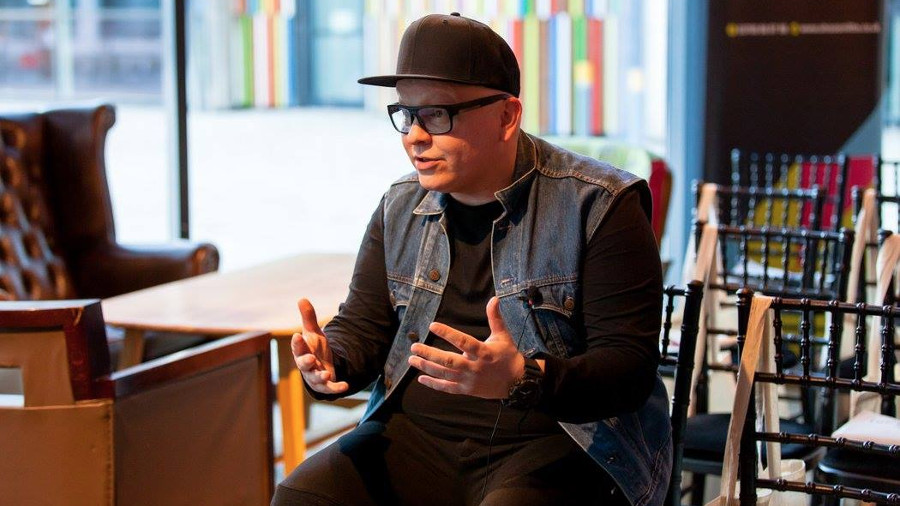
Leeds may only have to look across the Pennines for a masterclass in how to promote itself as a tech cluster in the North. Manchester is considered something of a noisy neighbour when it comes to the art of self-promotion and, like its blue footballing half, Leeds' digital cluster could benefit from a "pep" talk.
"I always say that Manchester companies can open a crisp packet and send out a press release – they've got that real confidence about their city and that's where we need to be in Leeds," says Leeds Digital Festival’s Clarke. "We do fantastic things and feel that we shouldn't be shouting about them, but it's about time we did.”
Helen Gill, director at Otley-based EngageComms, agrees: "We're an innovative, agile and curious bunch that have as much ability as our friends in the capital – we're just more modest about it."
If there is optimism that Leeds can match its Mancunian cousins' PR efforts somewhere down the line, the same can't be said about its transport system with any degree of confidence. A £250 million trolley bus scheme was rejected by the government after years of planning earlier this year, perpetuating Leeds' status as the largest city in Europe without a light rail system or tube network.
"It's something that the council and other authorities have to address, as it's the big thing holding us back," says Clarke. "Leeds is referred to as a ‘15-minute city’ because it's so compact you can walk across it, but one small accident puts the city in gridlock.
“The Leeds City Connect Cycle Highway was a great start, but comparable and smaller cities still have much better transport systems than us.”

Glugging the skills gap
Being a city where you can walk from one side to another at least brings one advantage: it's easier for Leeds' tight-knit digital community to regularly meet up to collaborate, learn, swap ideas, promote and – most importantly – have a few drinks.
"A lot of the people I see at meetups also hang out socially," says Hannah O'Sullivan, the organiser of the Glug Leeds meetup which uses "This is Notworking" as its tagline. "The meetup scene in Leeds is definitely about more than just networking – it's about making friends with like minded people and having a support network."
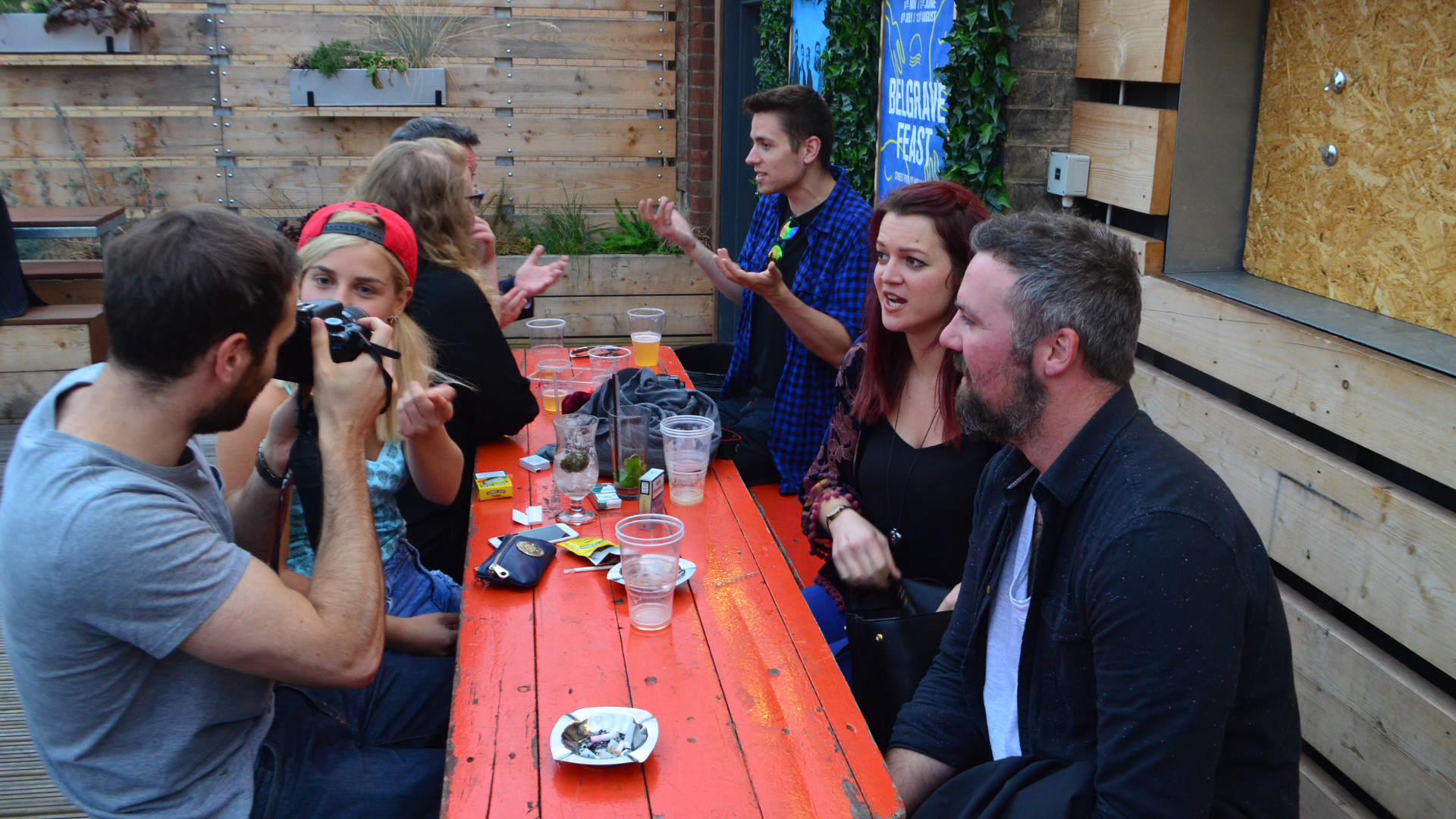
Many of the city's community-run events are organised by the Digital Yorkshire group, which is currently using its website to show that 36 events are scheduled for October. When they're not focused on the social side – like Glug and Leeds Digital Drinks – meetups such as Leeds DevOps, Hey! and LeedsJS/PHP and LeedsHack are showcasing the community's technical flair.
"DevOps is as much about the culture of teams as it is technology, so we reflect that with a couple of talks – one techie and one about techies," says DevOps founder Andy Burgin. "We also try and give local companies a voice – it would be easy to get companies from London to come and do sales pitches, but in a forum where we encourage discussion and the exchange of ideas we want local voices to be heard."
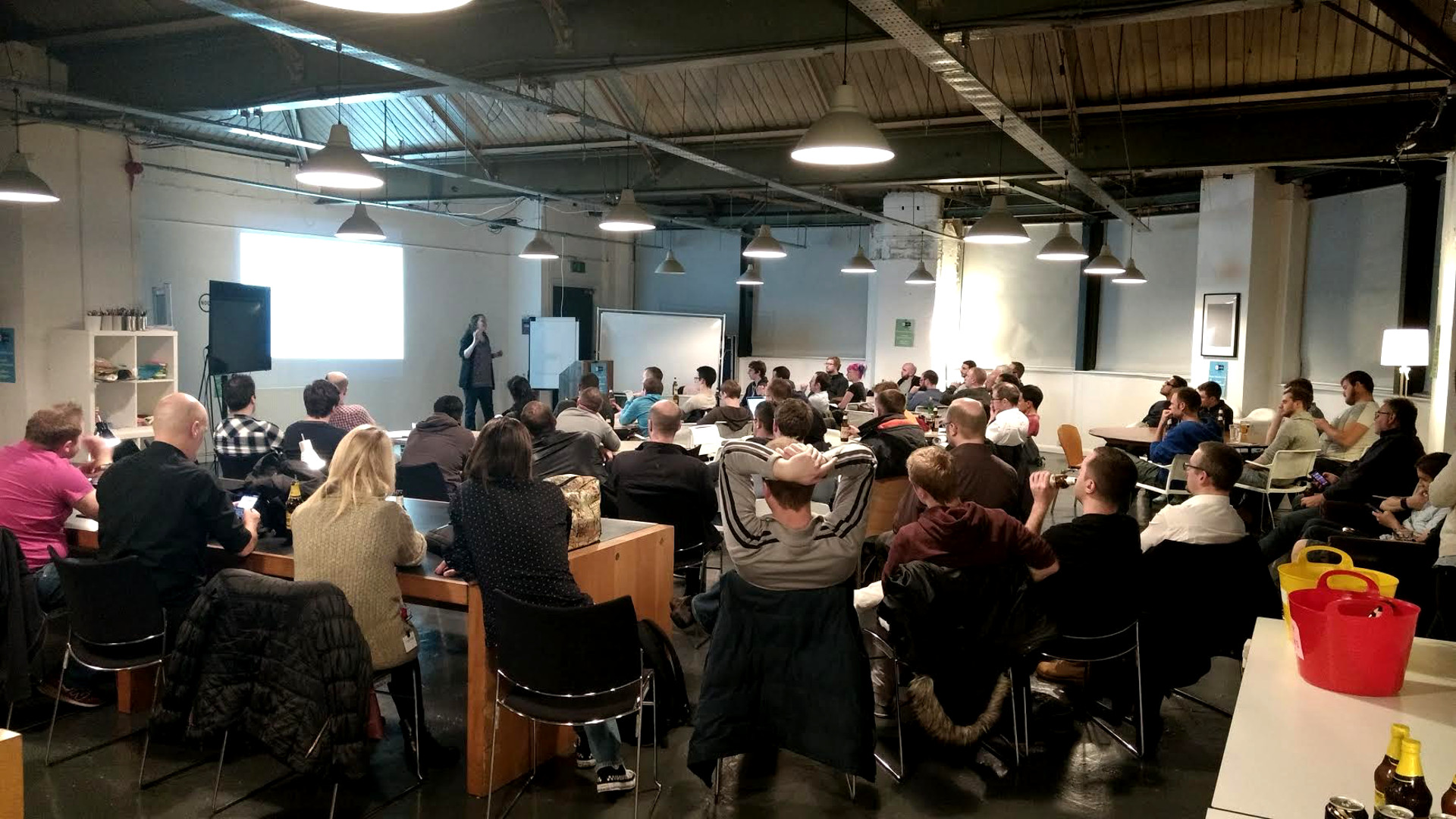
Josh Nesbitt, founder of Hey!, says that after 25 meetups it has evolved into something resembling local TED talks while settling into its eventual home at Belgrave Music Hall & Canteen, a laid-back bar with a bohemian feel that sells giant pizza slices in paper bags.
"Hey! started back in 2013 when we wanted to create a platform for people to share knowledge and socialise," he says. "As it evolved we moved away from what was originally quite a tech-focused set of talks to a more general platform for people to share their ideas."
Community interaction isn't limited to scheduled events. Leeds is now home to at least 10 coworking spaces including Duke Studios, Leeds Beckett University's Digital Hub, Round Foundry Media Centre and the ODILeeds in Munro house.
Future gazing
Futurelabs, a non-profit tech coworking space that invests what it makes back into the local tech community, provides office space for freelancers and companies. It’s also the home of Google Garage, an initiative set up to provide SMEs with free skills, training and advice, which has supported over 3,000 companies during its seven months there.
"We’re all about people meeting each other, sharing ideas, challenges, experience and opportunities with the aim that all those involved benefit, learn and grow their businesses as a result," says Emma Cheshire, co-founder of futurelabs and CEO of the Dotforge accelerator programme, which runs in Leeds and Sheffield.
The coworking space is looking to expand, and has applied for £3.7 million of government capital funding earmarked to establish a new tech hub for Leeds that will open alongside other Northern Tech facilities in Manchester and Sheffield.
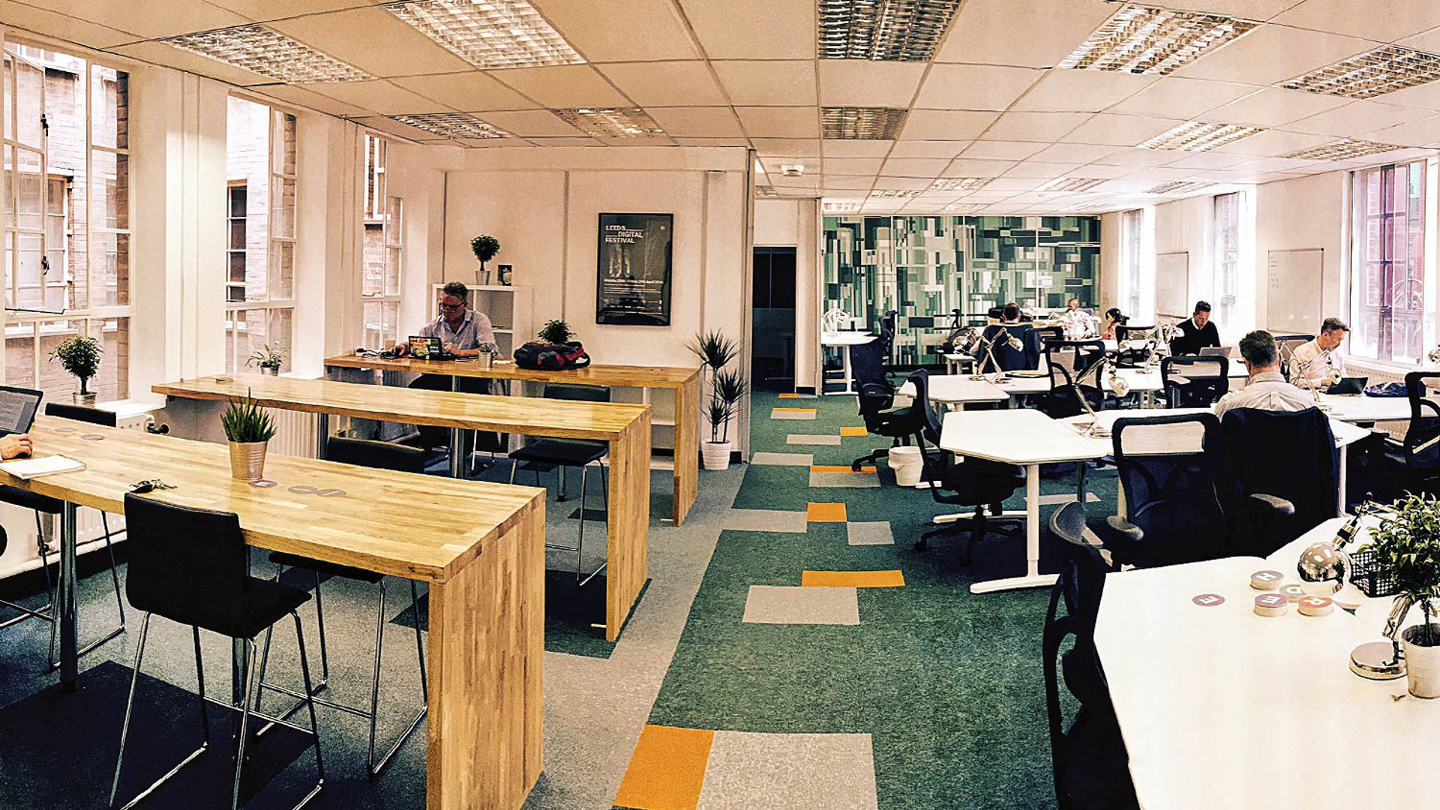
"Ultimately we believe that Leeds should have its own dedicated tech hub, which is a building incorporating a large range of office spaces and incubator and accelerator-type activity, in addition to coworking," Cheshire says.
"We believe this should be community-led and not be about a property developer taking all of the value from a government investment. Rather, it's an opportunity for a group with a clear agenda and mission of growing the sector for the benefit of all."
The need for dedicated tech spaces and initiatives like Google Garage may be required more than ever following the recent Brexit vote. A recent report by government think tank IPPR (the Institute for Public Policy Research), found that face-to face support was more effective at securing long-term change within business, versus online. However, it notes that such support packages are heavily reliant upon ERDF (European Regional Development Fund) funding that is “unlikely” to continue longer term.
"As I understand it, some elements of funds were stopped in the aftermath of the vote," says IPPR’s Jack Hunter, co-author of the report. "The rest will continue until Britain actually leaves the EU – it is unlikely (but technically possible) that it would continue after this point.
“If it does not then it would be up to the government whether they want to continue it – at the moment we don’t know much about their priorities.”
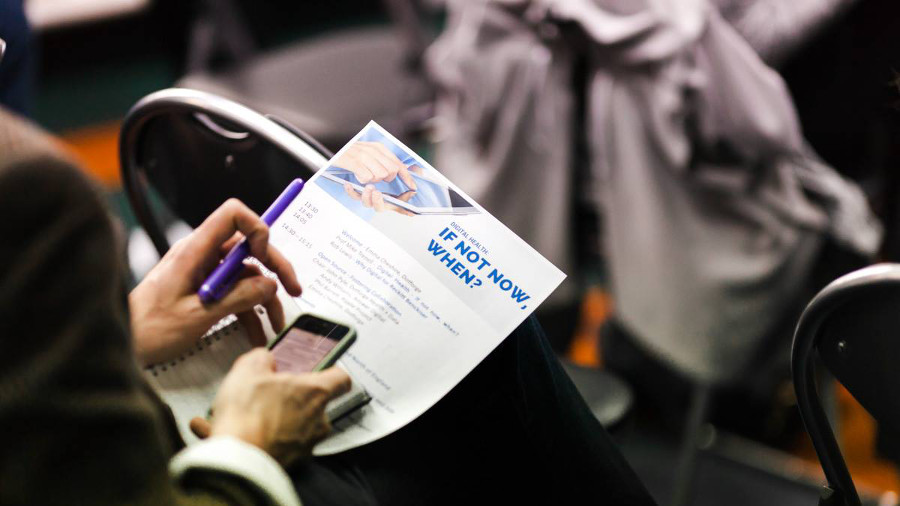
Education, education and war
The establishment of a new tech hub will only make Leeds more attractive to the city's vast student population, the size of which few other UK cities can boast. There are three major universities, including Leeds University, which was recently named as University of the year by the renowned the Times and the Sunday Times' Good University Guide.
Sky chose Leeds as the location for its Digital Hub in 2014 based on its educational muscle, and now counts 60 graduates among the 600 technologists working there.
"We found that the Leeds and surrounding Yorkshire region is a hotbed for education, and very much aligned to our commitment in creating the next generation of tech talent in the UK," explains Matt Grest, the company's head of Technology. "This is one of the largest and fastest recruitment drives ever seen in the north of England, and it’s been a tremendous success."
While acknowledging the city's "rich digital talent pool", Cap HPI’s Albyn believes that more can be done.
"Businesses need to partner closely with the universities to retain talent in the city and ensure that graduates have the appropriate skills," he says.
It’s a pressing problem, according to Leeds Digital Festival’s Clarke, who points to Skybet’s decision to open a new IT facility down the road in Sheffield after failing to find the right people with the required skills in Leeds.
“It’s great that the digital sector’s been growing in double figures year-on-year for a number of years, but if that talent pipeline gets turned off and slows right down, and we can’t go to recruit that talent from overseas, then we will struggle as a digital city,” he says.
There are signs that progress is being made in this area. Leeds City Council has published a 'Digital Skills Action Plan' – a mission statement designed to fill an ever-increasing number of roles in Leeds' digital sector by retaining graduates from the city's universities while attracting those from other parts of the UK.
One of its initiatives, Herd's second IT jobs fair, was recently held at the Leeds Direct Arena during Leeds Business Week. Another, a government-funded academy called the UTC (University Technical College), has been training students in everything from robotics to software development since opening in September.
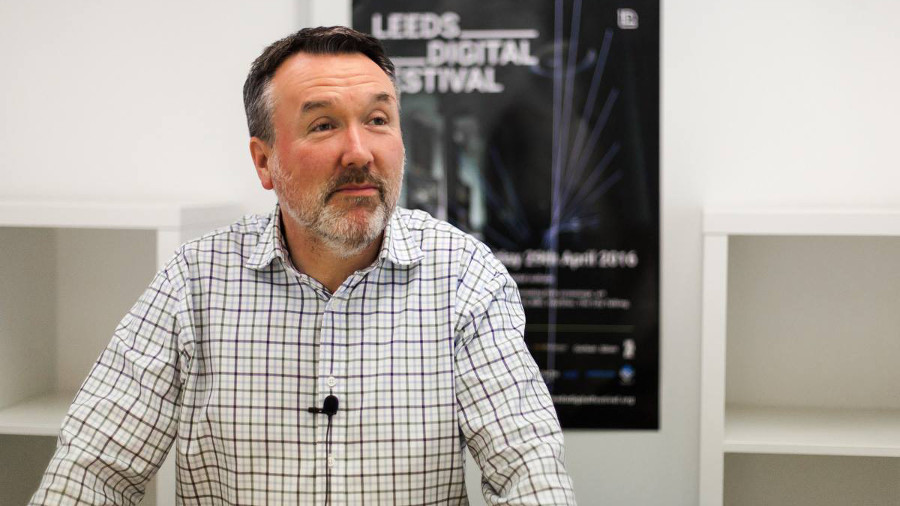
"Traditionally employers and universities were quite separate, but it's getting better," says Clarke, who is gearing up to stage the second Leeds Digital Festival in spring 2017. "We're planning a number of events that will engage students with all sorts of firms – from NHS Digital, which is the biggest digital employer in Leeds, right down to small digital marketing agencies."
There is incentive for students to stay, at least where pay is concerned. The 2016 Tech Nation Report found the average salary for advertised positions in the digital sector in Leeds to be £47,959 – the highest of any city in the North including Manchester (£45,205), Newcastle and Durham (£44,153), Liverpool (£42,153), and Sheffield & Rotherham (£42,058).
For students that dream big and seek even fatter wage packets, Leeds University's Spark (starting a business) team offers direct support and funding to help get their ideas off the ground. Synap, a company started by two Leeds University medical students that develops multiple-choice quiz software, received a £5,000 grant from the University and operates out of the Leeds University Enterprise and Innovation Centre.
"The Spark team supported us for the past few years – from business advice and mentoring early on, to 'proof of concept' grants as we developed the idea," says James Gupta, co-founder and CEO at Synap. "They've provided us with office space and helped to connect us with Leeds alumni who can help to further our ideas."
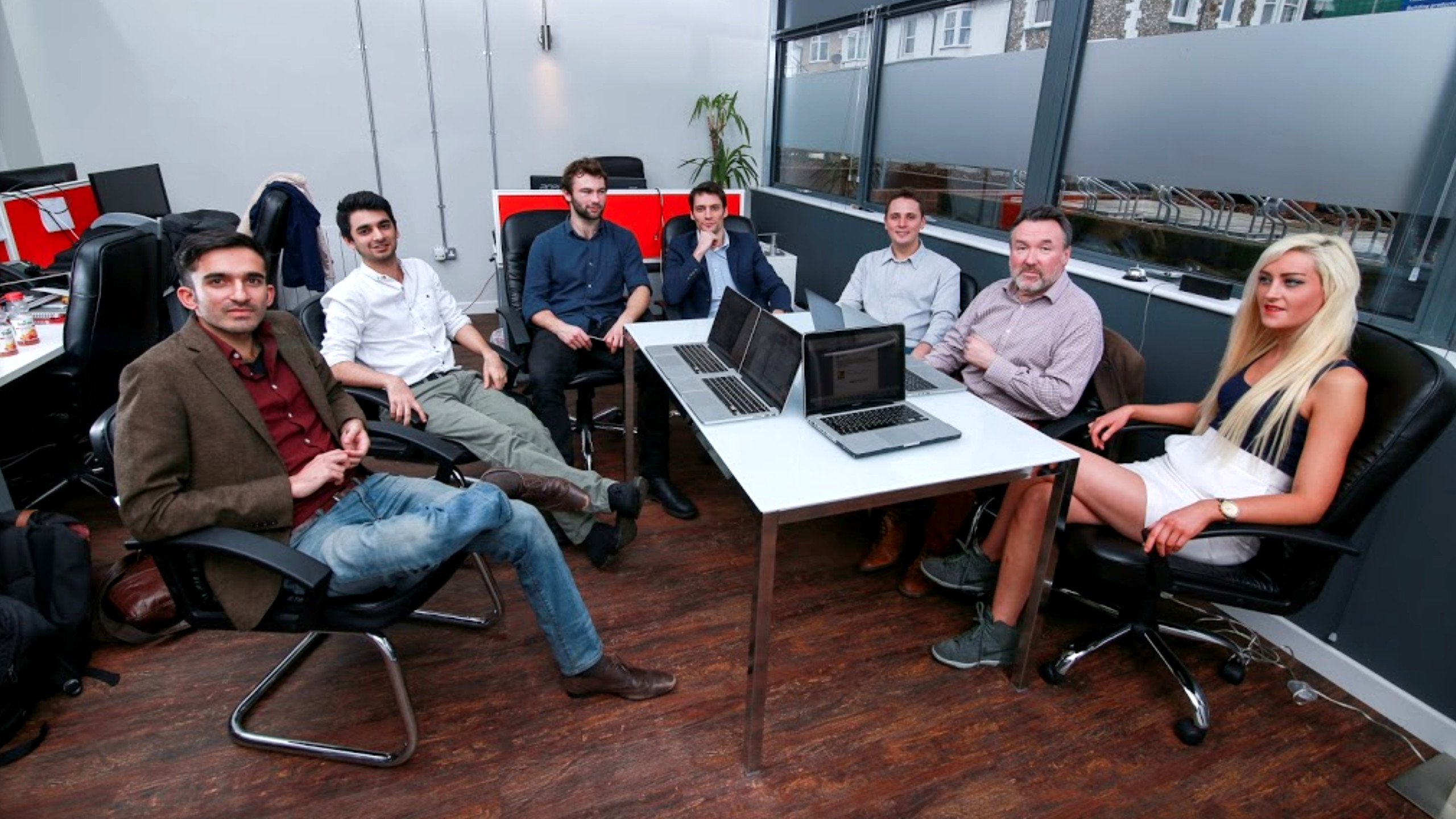
Cash woes
Whether a student-run business or SME, funding is hard to come by for Leeds' digital businesses. That’s according to Hebe Works' Hicken, who explains how a loan from Creative England helped his media company “massively”.
"It was (and still is) really difficult to get investment at the right moments in the North,” he says. “It's almost 'easy' to get help with a building or something more 'traditional', but getting finance for ideas and people to implement is difficult.”
Hicken says the problem isn’t unique to startups.
“It also affects early stage companies who may be doing well and are in profit, but need to grow quicker than cashflow allows,” he adds. “If we could get more help for companies at that stage, like ours, then we could end up having more big tech companies growing – and importantly – staying here.”
That big corporates tend to attract tech talent in the city only makes it harder for startups to keep them, Hicken says. “And if you manage to get the talent, it costs more to keep them.”

Sanjay Parekh, co-founder of security alarm company Cocoon, says startups are caught in a catch-22 situation when deciding whether to seek funding in Leeds or head to the capital.
"There is currently little activity by angel investors (affluent individuals who provide money to help businesses get off the ground) or venture capitalists (investors who provide money to startup ventures or small companies looking to expand), meaning startups looking for investment have to head to London," he says. "The high cost of living there, particularly around housing, is effectively a tax on any business. As a result, there is a London weighting.
“To have Cocoon’s HQ in the city we would need to pay more for talent and office space.”
Leeds Digital Festival’s Clarke, who also oversees a London-to-Leeds programme encouraging startups and companies to relocate from the capital, believes that choosing between the two locations is a no-brainer.
“Leeds is very close to fantastic countryside, and the rents and house prices are still relatively affordable compared to many other areas of the country,” he says. “We’ve got this great entrepreneurial culture and fantastic digital capabilities now.
“You can see how having big names like Sky and others in the city makes people feel that Leeds is a great place to start your business or move it there. We just need to make more noise so that other people realise it too.”
